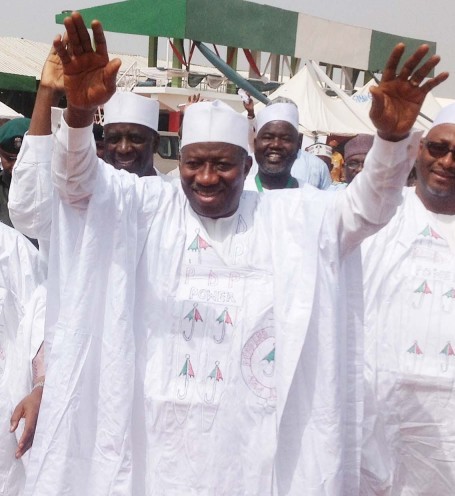By Charles Okoh
Surviving in Nigeria is now a herculean task. Poverty continues to spiral and hunger and general hardship are gaining geographical spread in exponential proportion and something urgent needs to be done to arrest this development. To say Nigerians are hungry would amount to stating the obvious. The prices of items in the market are permanently sky-bound.
*BuhariTo tackle these seemingly insurmountable hiccups would call for a multi-pronged approach where all hands must be on deck because to juxtapose excruciating hunger with the alarming rate of idle hands and jobless Nigerians, especially the restless youths, would lead to outcomes unimaginable.
Recently, two women were lamenting the rising cost of living and the difficulty they go through to put food on the table for their families. These women both have jobs; one of them a civilian, and the other a naval personnel. With so much anguish on their faces, they lamented that it had become difficult for them to buy foodstuffs like yam, tomatoes, rice, plantain etc. What actually interested me was the expression of despondency on the faces of these women and one cannot but wonder if those with jobs are lamenting this way, then what is the fate of those without jobs at a time like this.











